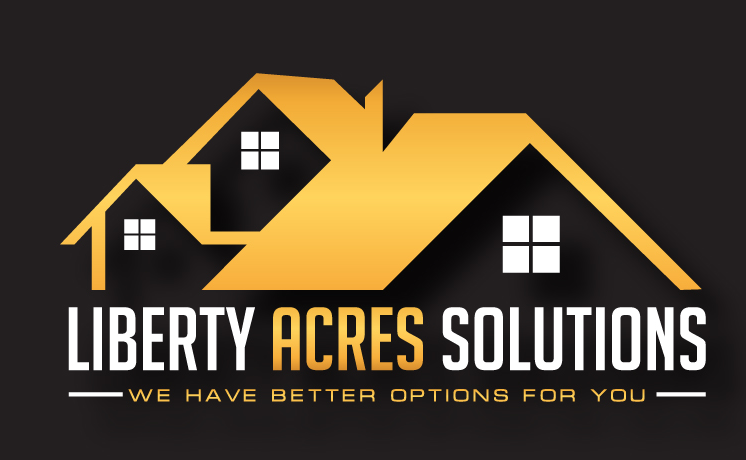Understanding the Importance of Safeguarding Your Home
Introduction
Your home is likely one of your most valuable assets. Beyond its financial worth, it’s also where you and your loved ones feel safe and create cherished memories. But have you ever stopped to consider whether your house is truly protected? From financial risks to natural disasters and legal complications, protecting your house involves more than just locking the doors at night. In this blog, we’ll explore the key areas you need to address to ensure your house—and your investment—is safeguarded.
1. Financial Protection
a) Home Insurance
One of the most basic yet essential ways to protect your house is through comprehensive homeowners insurance.
- What it covers: Most policies protect against damages caused by fires, theft, and certain natural disasters.
- Key Tip: Review your policy regularly to ensure it covers the full replacement value of your home and additional risks like floods or earthquakes if you live in high-risk areas.
b) Mortgage Protection
If you have a mortgage, consider additional mortgage protection insurance. This ensures that your home is safe from foreclosure in case of unexpected events like job loss, disability, or death.
c) Emergency Savings
Unexpected repairs or financial hardships can jeopardize your ability to maintain your home. Build an emergency fund specifically for home-related expenses to avoid falling behind on mortgage payments or necessary repairs.
2. Legal Protection
a) Title Insurance
Title issues, such as undisclosed liens or disputes over property ownership, can put your home at risk. Title insurance protects your legal ownership of the property and ensures that any title defects are addressed.
b) Homestead Exemption
In many states, including New Jersey, the homestead exemption protects a portion of your home’s equity from creditors in case of bankruptcy.
- Key Tip: Check your state laws to understand how the homestead exemption applies to you and take advantage of it if you qualify.
c) Proper Estate Planning
Protect your house for future generations by creating a living trust or naming beneficiaries in your will. This ensures your home isn’t tied up in probate or lost due to family disputes after your passing.
3. Physical Protection
a) Home Security Systems
Investing in a reliable home security system is one of the best ways to protect your house from burglary or vandalism.
- Features to Look For: Cameras, motion detectors, smart locks, and 24/7 monitoring services.
- Bonus Tip: Many insurance companies offer discounts on premiums for homes with security systems.
b) Fire Safety
Ensure your home is equipped with smoke detectors, fire extinguishers, and a fire escape plan. Regularly check electrical systems and appliances to minimize fire risks.
c) Maintenance and Repairs
Small issues, like a leaky roof or cracked foundation, can lead to bigger problems if left unaddressed. Schedule regular inspections and address repairs promptly to maintain your home’s structural integrity.
4. Protection from Natural Disasters
a) Flood Insurance
Standard homeowners insurance does not typically cover flood damage. If you live in a flood-prone area, purchasing flood insurance is essential.
b) Disaster Preparedness
- Create an emergency plan for your family in case of hurricanes, earthquakes, or other disasters.
- Secure heavy furniture, windows, and doors to minimize damage during extreme weather events.
c) Weatherproofing Your Home
Simple upgrades, like installing storm shutters, sealing windows, and reinforcing your roof, can protect your house from severe weather damage.
5. Financial Security for the Future
a) Avoid Foreclosure Risks
Unforeseen financial challenges can lead to foreclosure, putting your house at risk.
- Solution: Work proactively with lenders to explore loan modifications, forbearance options, or refinancing if you face financial difficulties.
b) Protecting Against Market Downturns
If you rely on your home as part of your retirement or financial plan, be mindful of housing market fluctuations. Diversify your investments to reduce dependency on property value alone.
How We Can Help
At We Have Better Options 4 U, we specialize in helping homeowners protect their most valuable asset—their home. Whether you’re navigating financial challenges, exploring estate planning, or looking for guidance on disaster preparedness, our team is here to provide expert advice tailored to your unique situation.
Conclusion
Your house is more than just a building; it’s a place of safety, comfort, and financial security. Taking proactive steps to protect your home from financial, legal, physical, and natural risks ensures that it remains a secure asset for you and your family.
If you’re unsure whether your home is fully protected, contact We Have Better Options 4 U today. Our experts can help you assess risks, find solutions, and safeguard your investment for years to come.
Let’s work together to protect what matters most!

Hi, this is a comment.
To get started with moderating, editing, and deleting comments, please visit the Comments screen in the dashboard.
Commenter avatars come from Gravatar.